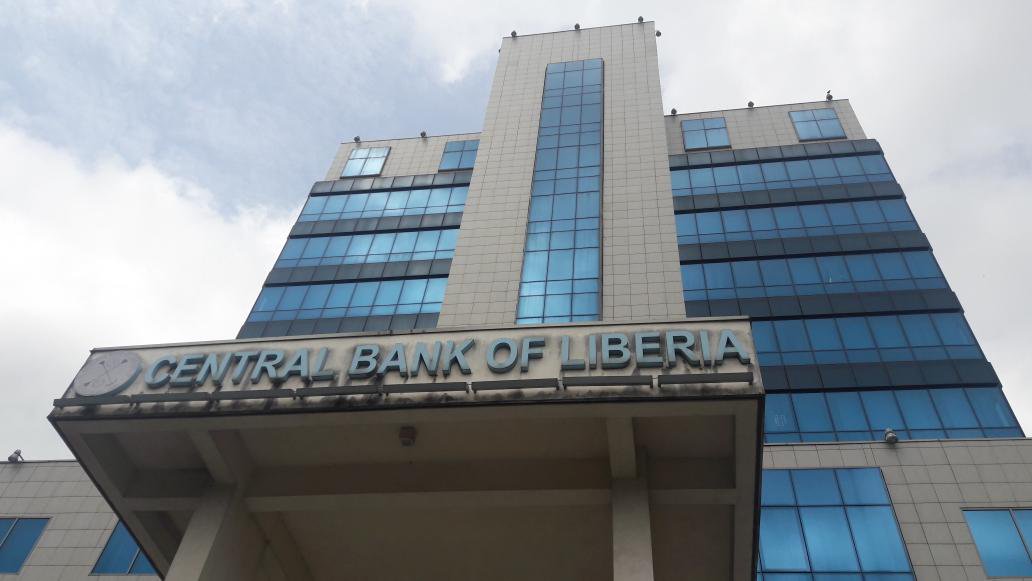MONROVIA –The Board of Governors of the Central Bank of Liberia (CBL), proxying for its Monetary Policy Committee (MPC), has raised the Monetary Policy Rate (MPR) by 250 basis points to 17.5 percent, to preempt further inflationary pressures, going into the third quarter of 2023.
According to a CBL press release on Tuesday, May 30, 2023, the Board, during the second quarterly meeting of 2023, affirmed its decision to maintain the existing reserves requirement ratio at 25 percent for Liberian Dollars and 10 percent for United States Dollars.
The Board urged the CBL to maintain the existing Open Market Operations (OMO) policy, offering biweekly CBL Bills exclusively to commercial banks, while allowing retail investors and commercial banks to subscribe to the monthly and quarterly bills. The issuance of the bills supports the Bank’s effort to maintain macroeconomic stability. Beyond the CBL’s primary market activity, the Board encouraged the CBL to facilitate secondary market transactions to enhance liquidity management, arguing that limited secondary market activity required the CBL to rediscount its securities, which may undermine the efficacy of these monetary policy instruments.
By implementing these policy measures, the Board is confident that the CBL will maintain macroeconomic stability in the face of persistent global economic uncertainties and domestic commodity price volatility.
The MPC’s policy decisions stemmed from the continued downward trend in global growth to 2.8% for 2023 from an estimated 3.4% in 2022, and 6.2% in 2021. Global headline inflation is no less a factor, at an elevated 7.0%, driven by supply-demand gaps. However, regional inflation projections are expected to moderate. Inflation in advanced countries is expected to fall to 4.7%, while Sub-Saharan Africa’s inflation will likely fall to 14% from 14.5%, in 2022.
Factors triggering the growth slump and heightened inflation include financial sector turbulence related to tightening financial conditions and elevated prices, which compounded the spillover effects of the Russia-Ukraine war and the COVID-19 pandemic. In Sub-Saharan Africa, slumping commodity prices took no insignificant toll. Policy rates have continued to rise worldwide, in response to these trends. While ECOWAS countries followed suit, Liberia and UEMOA’s monetary policy rates had remained unchanged during the quarter under review.
The Board, in recalling the slump in Liberia’s major export commodities price during the last quarter of 2022, was encouraged by the stronger than expected performance in global
prices of those commodities, notably iron ore, rubber, and gold, along with round logs. As a result, Real Gross Domestic Product (RGDP) grew to an estimated 5.1% during quarter one of 2023, relative to the same period in 2022. The annual growth projection for 2023, however, is 4.3%, down from the 4.8% estimate for 2022, on account of moderations in mining & panning and the forestry subsectors.
Domestic inflation projection remains a concern, at 8.7 percent +/- 2.0 percentage points, due to the existing tightening of global financial conditions and domestic structural constraints. However, the Board noted a moderation in the trade deficit to 4.5% of GDP during the quarter, down from 6.9% of GDP in the fourth quarter of 2022 and 5.5% of GDP in the previous quarter. This was attributed to a 16.0% rise in export receipts coupled with an 11.0 percent decline in import payments.
The Board noted the net remittance inflow through the banking system in the first quarter of 2023 rose by 33.1% to US$91.1 million, from US$68.5 million in fourth quarter of 2022, while inbound remittances terminating in mobile wallets grew by a projected 3.1% to US$94.6 million in quarter one 2023 from US$91.6 million in the fourth quarter of 2022.
The Board noted mixed signals in interbank activity. Repo transactions were nonexistent during the quarter. However, there was an outsized leap in interbank swap transactions from US$2.9 million in quarter four of 2022 to US$58.0 million in the reporting period, as banks sought to ease the liquidity disparity for their international and domestic transactions.

